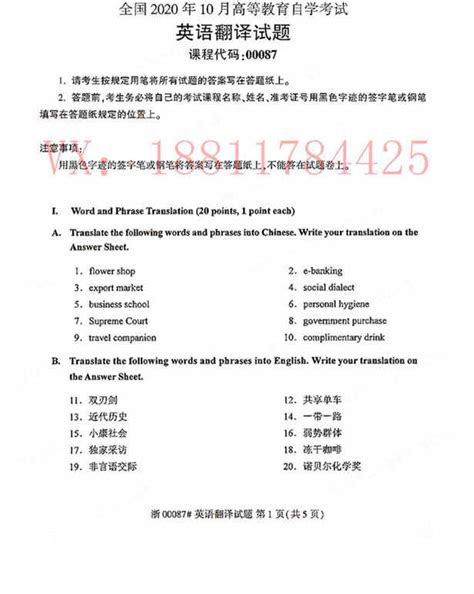Understanding the Nuances of "摔进" in English Translation
When it comes to translating the Chinese term "摔进" into English, it's crucial to consider the context and the specific meaning intended. "摔进" can have various interpretations depending on the situation it's used in. Let's explore some possible translations and their nuances:
1. Fall Into
Usage:
If "摔进" refers to physically falling into something, like falling into a pit or falling into a river, "fall into" is an appropriate translation.
Example:
He slipped on the wet ground and fell into the ditch.

2. Tumble Into
Usage:
When the action involves a sudden, uncontrolled fall or descent, "tumble into" can convey the sense of losing balance or control.
Example:
She lost her footing on the icy path and tumbled into the ravine.
3. Plunge Into
Usage:
If "摔进" suggests a forceful or sudden entry into something, "plunge into" might be suitable, especially when describing diving or jumping into water or a similar action.
Example:
The daredevil plunged into the pool from the high dive.
4. Drop Into
Usage:
When the motion is more deliberate or controlled, "drop into" can be used, especially if the action involves intentionally entering a place or situation.
Example:
He decided to drop into the café for a quick cup of coffee.
5. Topple Into
Usage:
If the action of falling involves something or someone tipping or falling over and into something else, "topple into" can capture this sense of instability.
Example:
The tower of blocks toppled into a heap on the floor.
6. Slide Into
Usage:
When the movement involves slipping or gliding into something, "slide into" is an appropriate choice.
Example:
The baseball player slid into home plate just before the catcher could tag him.
7. Crash Into
Usage:
If the fall is particularly forceful or violent, "crash into" can emphasize the impact and intensity of the collision.
Example:
The car skidded on the icy road and crashed into the guardrail.
8. Plummet Into
Usage:
When "摔进" conveys a sense of freefalling or dropping rapidly, "plummet into" can convey the suddenness and speed of the descent.
Example:
The elevator malfunctioned, causing it to plummet into the basement.
9. Pitch Into
Usage:
If the action involves a sudden, headlong movement or lurch, especially when it's reckless or uncontrolled, "pitch into" can be suitable.
Example:
He lost his balance and pitched into the crowd.
10. Stumble Into
Usage:
When the fall is due to tripping or losing balance, "stumble into" can accurately convey this sense of clumsiness or unsteadiness.
Example:
She stumbled into the room, catching herself on the doorframe.
Considerations for Translation:
Context:
Always consider the context in which "摔进" is used to determine the most appropriate translation.
Intensity:
Choose a verb that reflects the intensity of the fall or entry, whether it's a gentle slide or a violent crash.
Connotation:
Some translations may carry different connotations, so choose the one that best fits the tone and meaning of the original text.
In conclusion, translating "摔进" into English requires careful consideration of the specific context and intended meaning, along with an understanding of the nuances of each possible translation option. By selecting the most appropriate verb, you can accurately convey the action and imagery conveyed by "摔进" in Chinese.
文章已关闭评论!
